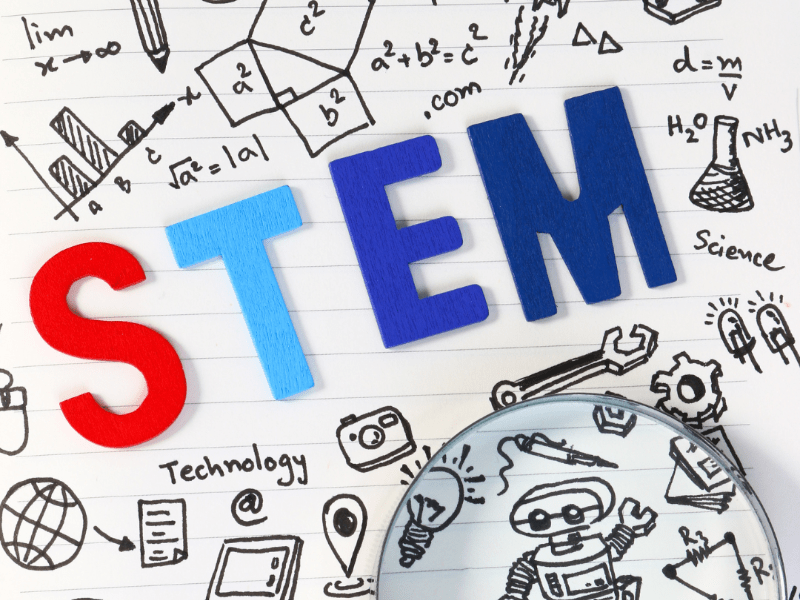STEM Education
Educational Equality in the United States. How STEM Supports Child Development.
Educational equality is highly valued and necessary for all students. In the United States education system learning disparities between racial and ethnic groups is widespread. Researchers continue to investigate why inequality arises, exists, and which populations of children are most affected.
A well-rounded quality education is essential for children, their careers, and society. Educational equality benefits individuals and groups and contributes to national economic success. Studies show a child failing to receive a quality education hinders their development and success in their adult life.

Effects of Education Inequality
Lacking educational equality frequently results in higher unemployment, low-wage compensation, poor health, exposure to violence, and involvement in crime. The consequence, a negative impact on the individual and society in general. At an individual level, students experience psychological effects including feeling stressed, falling into depression, and not feeling valued.
Racial groups representation in US schools
In the United States, white students receive a better education compared to students from other groups; particularly, black, and Hispanic. Racial and ethnic minorities face lifestyle and social challenges that increase inequality exposure. Disparities in educational equality results in work force occupations that disproportionally reflects U.S. demographics.
Educational equality assessment indicators.
Key educational equality indicators are used to identify differences in student achievements. Indicators include gender, race and ethnicity, English-language proficiency, family income, and disability status. A child’s environment: unsafe neighborhoods, environmental toxins, stress, mental health, food and housing insecurity, exposure to violence, and adverse childhood experiences play a significant role in education attainment.
Student needs require ongoing investigation. Depending on the child’s circumstance, they may require a variety of resources to obtain educational equality. School teachers, administrators, and community organizations each play a role in identifying roadblocks to a student’s success.
STEM – Elevating the Disenfranchise
STEM education is a pathway to reducing disparity and creating opportunities for disenfranchised individuals. STEM is a gateway to improving the quality of life for boys and girls. Addressing equality and gender disparities are a defining characteristic of STEM education.

Developing a STEM Program that benefits all students.
In 2013 the National Research Council of the National Academies published a report presenting Recommendations from Successful K-12 STEM Education and indicators of program success. Some of the indicators include “number of, and enrollment in, different types of STEM schools and programs in each district.” Other indicators are “classroom coverage of content and practices in the Common Core State Standards and A Framework for K-12 Science Education.”
The National Academies recommendations establish a foundation for STEM program implementation across the country and provide a standardized model which can be used to address educational equality.
Best STEM practices for addressing educational equality.
Research shows that underrepresented minority students have less access to informal learning opportunities compared with privileged students. Underrepresented minority participation in STEM programs affects educational persistence and career goals.
Participation in STEM intervention programs like informal learning experiences can significantly influence persistence among underrepresented minority students. A study by Jackson and Winfield in 2014 found that mentoring had the strongest impact on STEM performance. Consistent effort, collaboration, and a focus on empowerment are key to making a positive impact.
EcoCentricNow LLC (ECN) supports Educational Equality.
ECN supports STEM education with renewable energy products including shake flashlights, solar flashlights, and solar headlamps demonstrating a variety of physics concepts pertaining to the generation and storage of electricity. In addition, a broad selection of Snap Circuits educational kits provides lessons in electrical circuitry, computer coding, radio transmissions, and scientific methods. Visit EcoCentricNow LLC to view our catalog.

